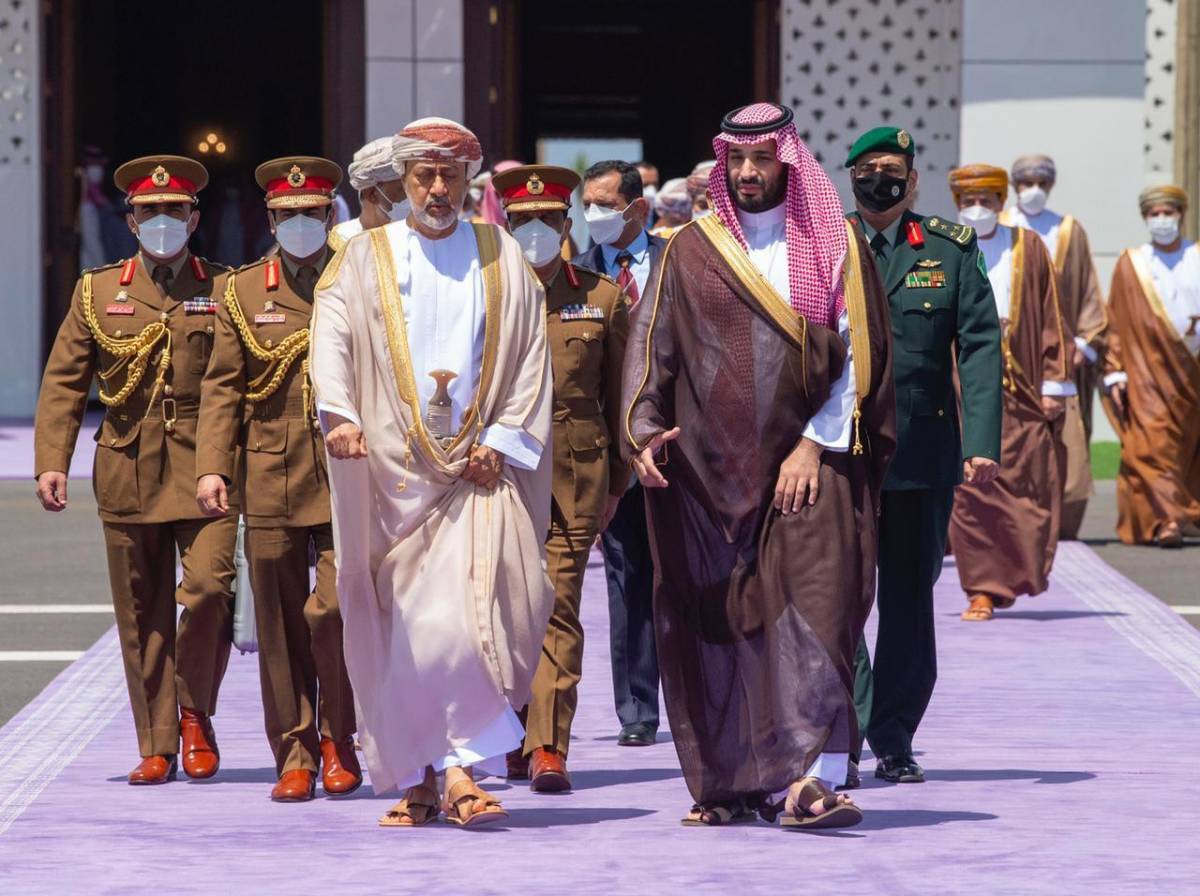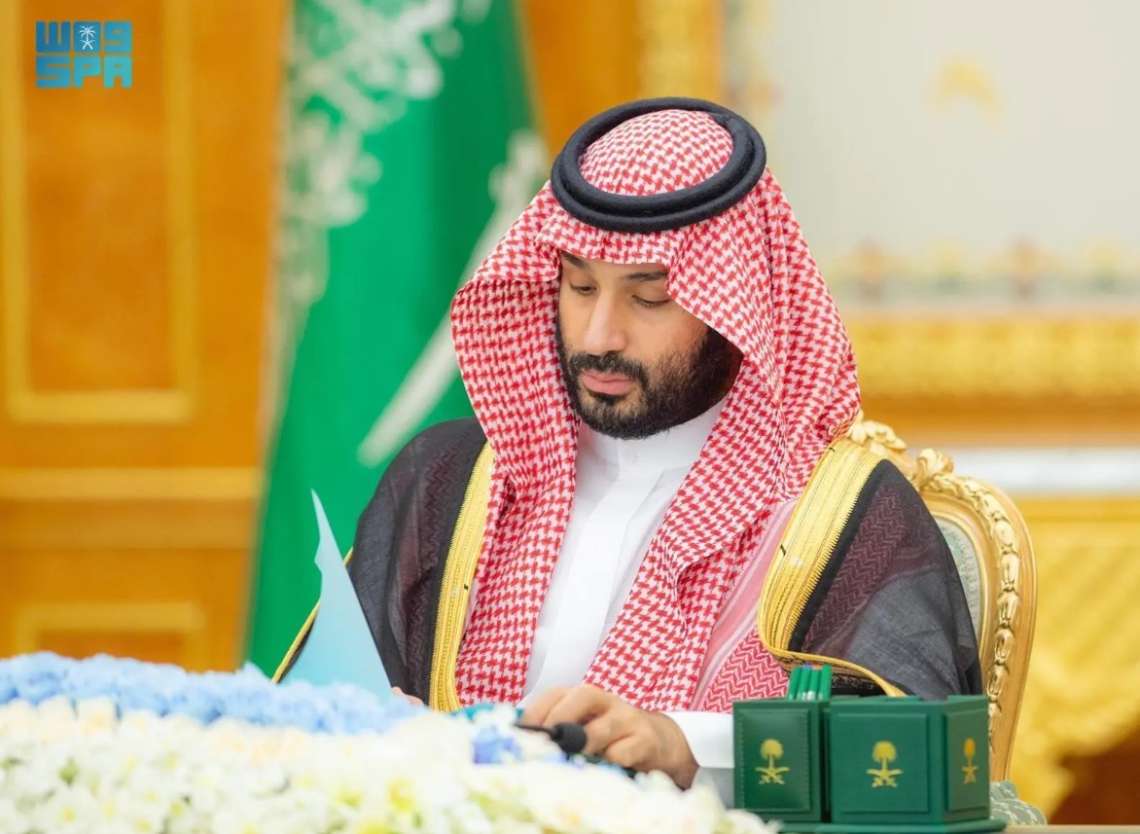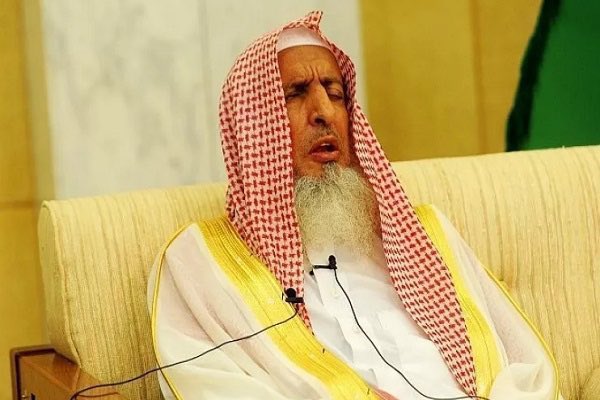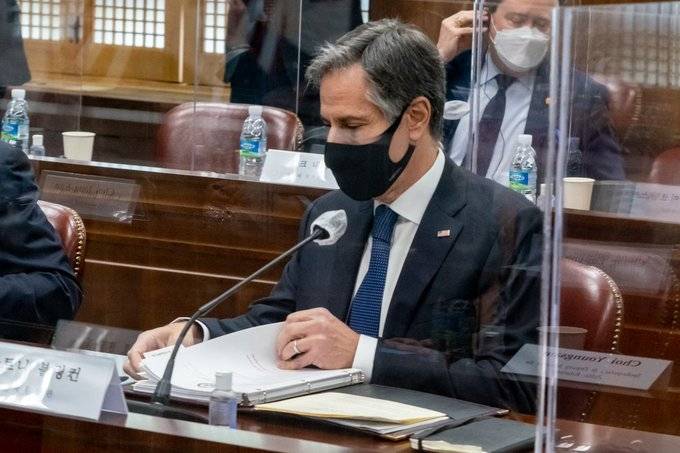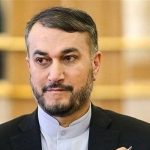Sultan Haitham bin Tarik of the Sultanate of Oman left Saudi Arabia on Monday, following a two-day official visit to the Kingdom, reports Asian Lite Newsdesk
The Kingdom of Saudi Arabia and Oman have pledged to continue strengthening their bilateral relationships while working towards enhancing cooperation in political, security and military field, a joint statement by the two Gulf countries said, media reported.
A day after signing a memorandum of understanding to form a Coordination Council over the countries’ stances in various issues, both countries agreed to expedite the opening of border crossings to ease the movement of people and goods, the Arab News reported.
“This will contribute to the consolidation of supply chains in order to achieve the desired economic integration between the two brotherly countries,” the statement said.
Both sets of leaders also agreed to stimulate the private and public sectors to reach “qualitative trade and investment exchanges that achieve the aspirations of their respective populations,” according to the report.
Potential areas of investments will include advanced technologies, renewable energy as well as the industry, health and pharmaceutical industries, among others, it was reported.
On Sunday, Saudi Arabia’s King Salman and Oman Sultan held a negotiation session in the planned cross-border city of Neom, according to state media.
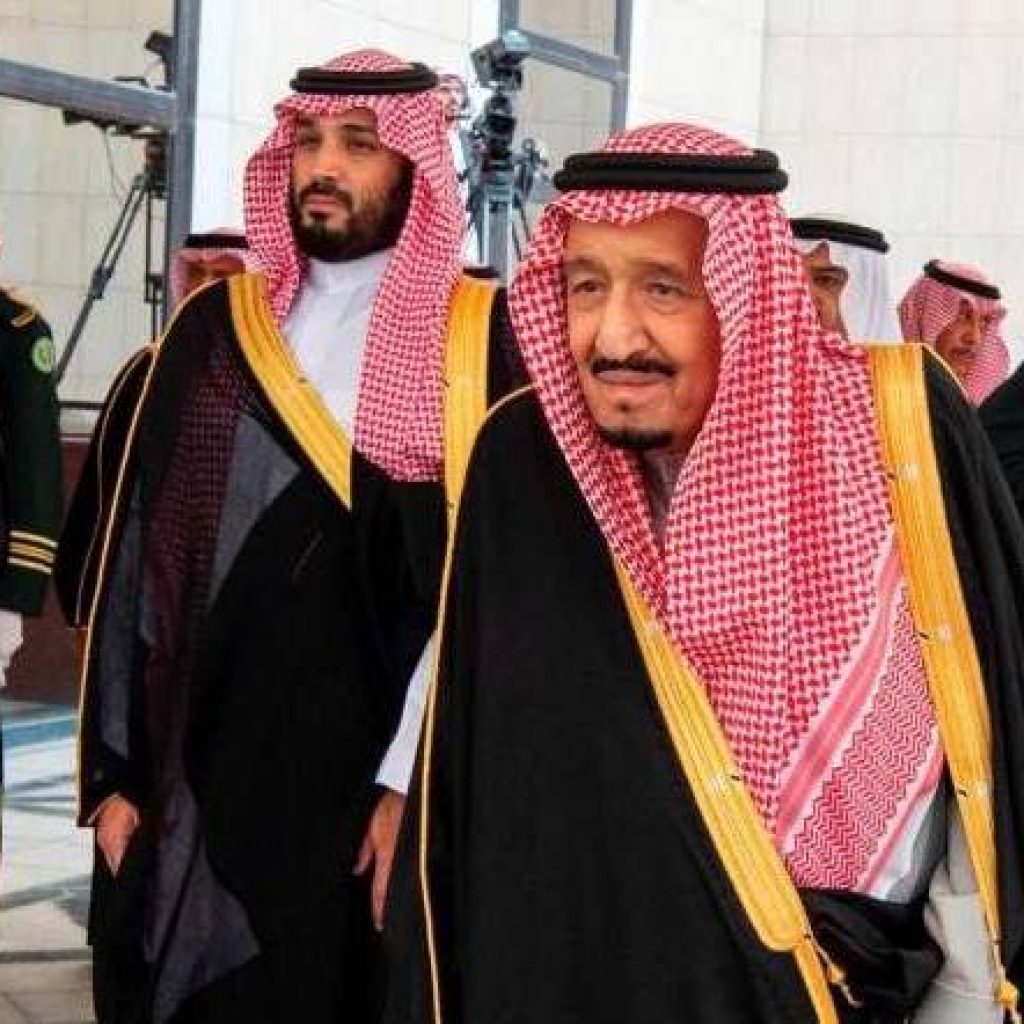
In a report, the Saudi Press Agency (SPA) said that during the session, the two leaders reviewed ties and cooperation in various sectors between the two countries.
The session was held following the Sultan’s arrival to the Kingdom earlier in the day on an invitation by King Salman. This was the first visit by an Omani leader in more than a decade.
The two-day visit aimed to strengthen relations and cooperation in various fields for the interest and steady progress of the peoples of the two countries, the SPA report highlighted.
Also in the day, the two country’s Commerce Ministers also met to discuss ways to promote bilateral trade and investment opportunities.
Sultan Haitham bin Tarik left Saudi Arabia on Monday. At Neom Bay Airport, the Sultan of Oman was seen off by Prince Mohammed bin Salman bin Abdulaziz, Crown Prince, Deputy Prime Minister and Minister of Defence, reported Saudi Press Agency.
The Sultan was also seen off by Prince Fahd bin Sultan bin Abdulaziz, Governor of Tabuk Region; Prince Abdulaziz bin Saud bin Naif bin Abdulaziz, Minister of Interior; and Omani Ambassador to Saudi Arabia Sayyid Faisal bin Turki Al Said.
Over the past half-century, relations between Riyadh and Muscat have been characterised by cooperation and mutual respect between their leaders, and similar views on regional and international issues.
Meanwhile there are long-standing bonds of fraternity between the peoples of the two countries, framed by a shared history, authentic Arab customs and traditions, and popular heritage.
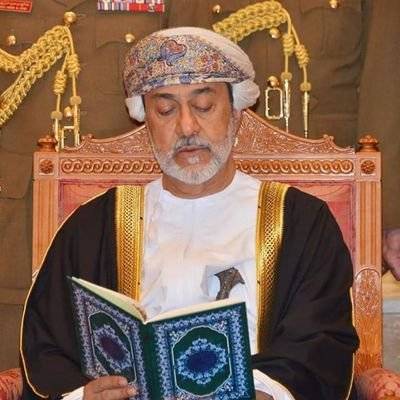
Regionally, they work with their brothers in other countries under the umbrella of the Gulf Cooperation Council (GCC), in accordance with their shared visions and strategic goals, to achieve coordination and integration between member states in various fields.
These efforts are expanded through membership of the Arab League and the Organization of Islamic Cooperation, along with cooperation with the international community in support of peace and security as part of the UN.
Ongoing changes in the region motivate the leaderships of the Kingdom and Oman to push for more cooperation at the bilateral, Gulf, and wider regional levels, as part of efforts to guarantee security and stability, and boost development.
Sultan Haitham came to power in Oman at an important moment in history, given the political, economic, social and health developments and challenges in the region and the world.
Within the framework of joint action by Saudi Arabia and Oman to strengthen economic relations, Saudi Vision 2030 and Oman Vision 2040 offer similar approaches and opportunities in the fields of trade and investment to help both countries diversify their income and economies.


